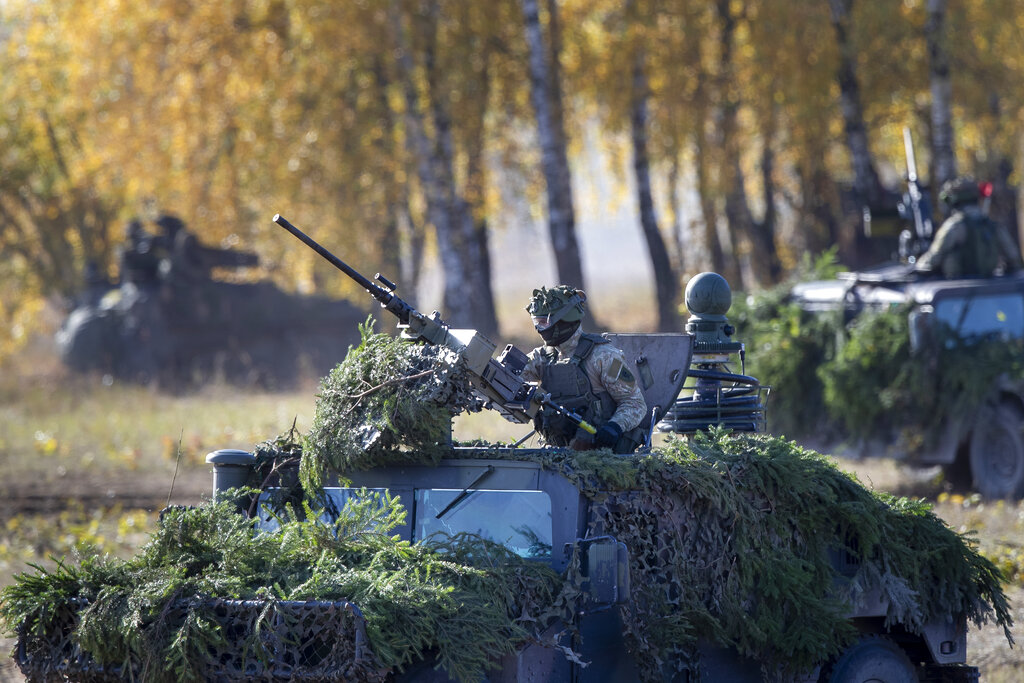There has been an avalanche of criticism about the German army’s increasingly acute arms and equipment shortfall after news of a parts shortage for the Panzerhaubitze 2000 self-propelled artillery pieces began trending last week, reports Hungarian business news outlet Portfolio/
The problem, which has reportedly been going on for years, has been laid bare by the Russian invasion of Ukraine, with critics claiming the slow German response to the crisis could have a major impact on the outcome of the ongoing conflict.
Parts shortages
In many areas, the Bundeswehr cannot meet the requirements of a modern NATO force, Portfolio reports. It has been revealed there are serious problems with the German Panzerhaubitze-2000 self-propelled artillery units supplied to the Ukrainians. The Ukrainian artillery fires an average of 300 rounds a day at Russian positions, which means a very intensive use of the guns, and therefore a significant maintenance requirement.
The report stressed the German government was warned in the summer that more parts would have to be delivered to a Lithuanian repair facility supporting Ukraine, but Berlin’s decision-makers did not order the necessary spare parts until November.
Air defense without munitions
In October, Berlin rushed to offer four of its latest IRIS-T air defense missile systems to the Ukrainian army. The first of these arrived in October, and with further deliveries being delayed until 2023, the Ukrainian air defense is likely to run out of ammunition for the single existing device, it says.
It has meant the Ukrainians can only counter the threat from Russian cruise missiles and drones with German IRIS-T and Norwegian-American NASAMS units, and even then only to a limited extent.
The situation in Germany is no better
The situation is also seriously affecting the supply of German troops, with Portfolio reporting that not only has ongoing production been diverted to Ukraine, but also a lot of existing stocks have been transferred. According to leaked information, the German army has only two days’ worth of ammunition left in case of another conflict, and there are some branches of the armed forces that have even lower reserves, such as the artillery divisions.
It could be months before the necessary measures are approved by the Bundestag and arms production begins, they write, while weapons and spare parts are already badly needed by both the German army and Ukraine.






